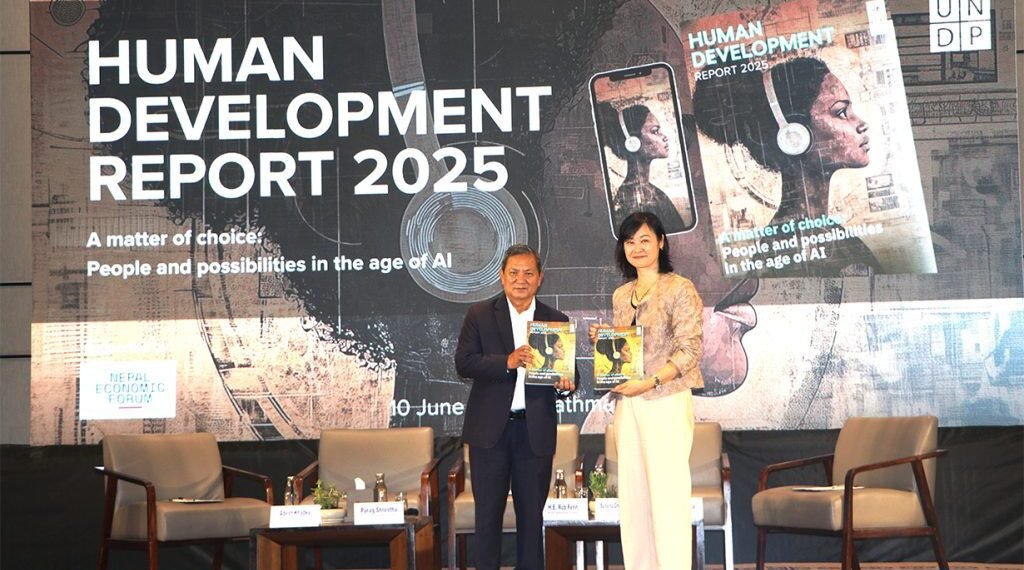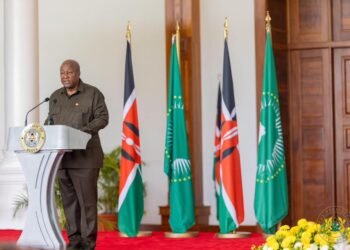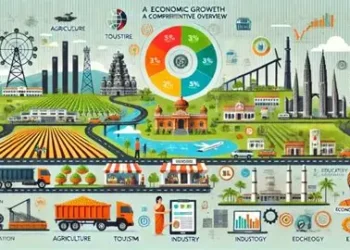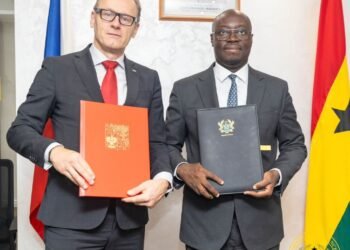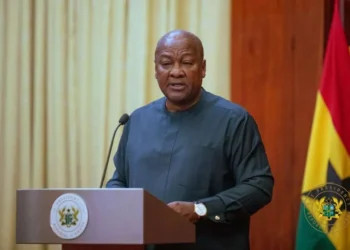Ghana’s Human Development Index (HDI) value increased to 0.628 points in 2023 from 0.602 points in 2022, assuring that the current economic stability and growing Artificial Intelligence (AI) can influence the HDI value going forward.
This increase was announced by the 2025 Human Development Report (HDR) on the theme “A matter of choice: People and possibilities in the age of AI.” Ghana’s value reflects a positive movement of key indicators (education, health, and life expectancy) for measuring a country’s development.
The average HDI point for Ghana from 1980 to 2023 is 0.527 points. Between 1990 and 2021, Ghana’s HDI has grown by 37.4%, reflecting an increase in the country’s development. The minimum value, 0.423 points, was reached in 1980, while the maximum of 0.632 points was recorded in 2021.
Ghana’s current HDI tier as at 2023 is a medium human development category. The category range from zero to one. HDI index and tiers are: 1 is ideal, perfect; 0.8-1 is very high; 0.7-0.79 is high; 0.55-0.69 is medium; and 0-0.54 is low. These categories show a country’s performance and the work needed to improve education, life expectancy, income, equality, and health for development.
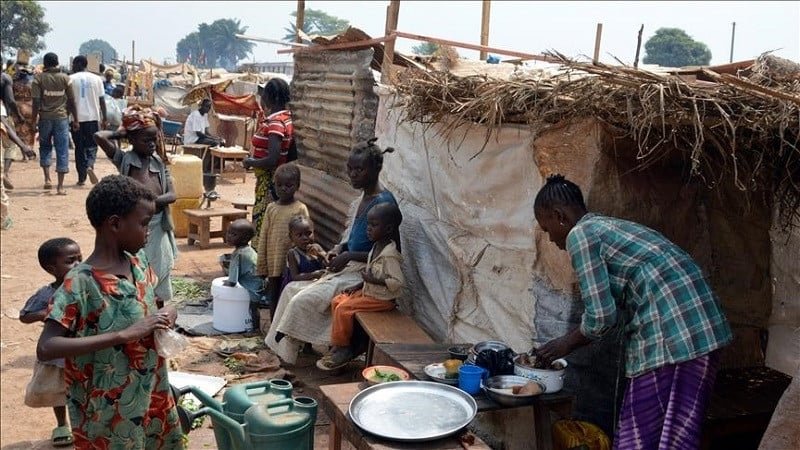
Comparing Ghana’s score of 0.594 in 2017, the country has improved in its development index since 2017 in areas such as health, education, and income. Ghana seems to be doing better than most Sub-Saharan African countries. Nevertheless, a careful look reveals that inequality continues to weigh heavily on the nation’s development journey, which places Ghana at 143 out of 185 countries.
Ghana lags in the HDI due to factors like low gross national income, healthcare challenges, education issues, infrastructure deficits, social disparities, and environmental challenges. Addressing these factors is crucial for improving human development outcomes in the country.
The HDI Report
The report, which is prepared by the United Nations Development Programme (UNDP), began in 1990. The report ranks countries based on their level of human development. The HDI measures the overall development of countries based on three basic dimensions: health (long and healthy life), education (knowledge), and a descent standard of living.
Broadly, the measure covers life expectancy at birth, expected years of schooling, mean years of schooling, and gross national income per capita. The Human Development Indicators used by the UNDP are the HDI, Gender Development Index (GDI), Gender Inequality Index (GII), and Multidimensional Poverty Index (MPI).
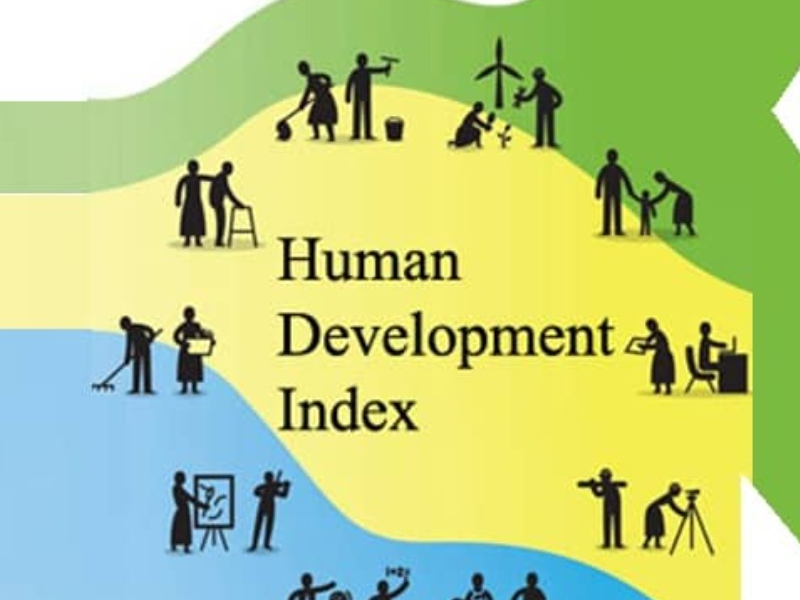
As a development catalyst, the UNDP assists countries to be resolute and responsive towards issues that emerge around dimensions of human development. Basically, the UNDP ignites discussions on development issues, prompts managers of countries to development threats, and present progress updates of existing disparities.
The UNDP, in its quest to end poverty, inequality, and climate change, works with experts in 170 countries to build integrated and lasting solutions for all people.
The African country with the highest HDI is Mauritius with 0.806 points at 73rd position in the world. Ghana is ahead of its immediate neighbours (Togo, Burkina Faso, Cote d’Ivoire) and Nigeria.
Closing the gap
Ghana’s Inequality-adjusted HDI (IHDI) is at 0.399, showing a loss of 36% in human development resulting from inequality. The country is progressing (0.628 point in HDI), but a large group: women, persons with disabilities, and rural residents, are trailing.
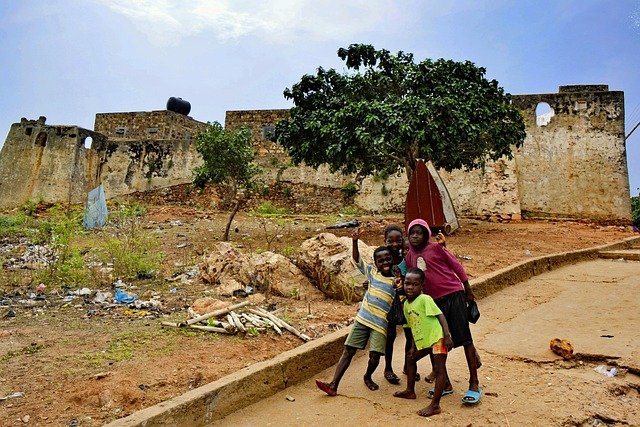
From the report, maternal health has improved with a mortality ratio from 274 per 100,000 live births in 2017 to 263 in 2023. Yet rural women still lack skilled healthcare access. There is also high adolescent birth rate of 66.7 births per 1,000 girls’ aged 15 to 19, showing the need for more reproductive health education and services.
The report also points to improvements in economic indicators. Ghana’s Gross National Income (GNI) per capita has risen from US$5,671 in 2017 to US$6,846 in 2023, according to the report. It shows improved economic indicators and a labour force participation rebound post-COVID.
For gender disparities, females are trailing behind men in labour force participation; 63.7% for females and 72.6% for men. Women make up more than half of Ghana’s population, yet even in Parliament, their participation is far beneath global standards.
While Ghana is commended for its progress, “socio-economic inequalities in education, labour, and income are deep-rooted threats to Ghana’s sustainable progress. These must be addressed with bold, inclusive policies—not just statistics and slogans,” according to Dr. Nii Moi Thompson, Chairman of the National Development Planning Commission (NDPC).
Ghana’s macroeconomy has stabilized, and there is growing use of digital tools and AI. These innovations, when ethically and widely deployed, can help transform access to healthcare, education, and employment, particularly in agriculture and other rural sectors.
Medium and low-ranked countries are often challenged by trade tensions, debt crisis, and the rise of jobless industrialization, in their development journey.
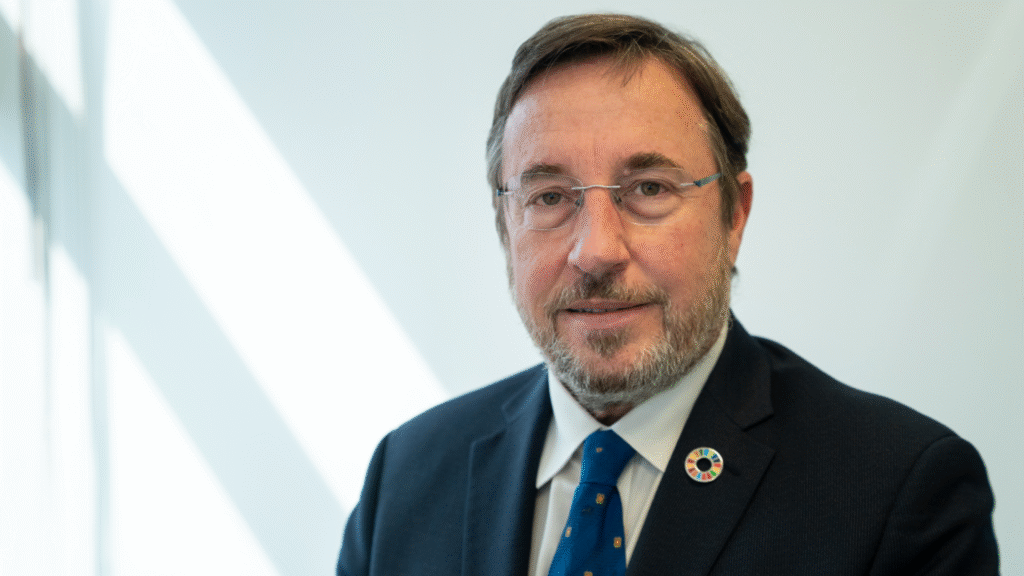
“Amidst this global turmoil, we must urgently explore new ways to drive development. As Artificial Intelligence continues its rapid advance across so many aspects of our lives, we should consider its potential for development. New capabilities are emerging almost daily, and while AI is no panacea, the choices we make hold the potential to reignite human development and open new pathways and possibilities.”
Mr. Achim Steiner, UNDP Administrator
The report reveals a realistic yet hopeful response of people towards the change AI can bring to impact employment positively and create opportunities in jobs that may not even exist today. People are ready for the “reset” AI is bringing.
The report advocates for a human-centered approach to AI can redesign approaches to development, the report declares. The report provides areas of action: build an AI collaborated, not competitive economy, embed human agency across the full AI lifecycle, and modernize education and health systems to meet AI.
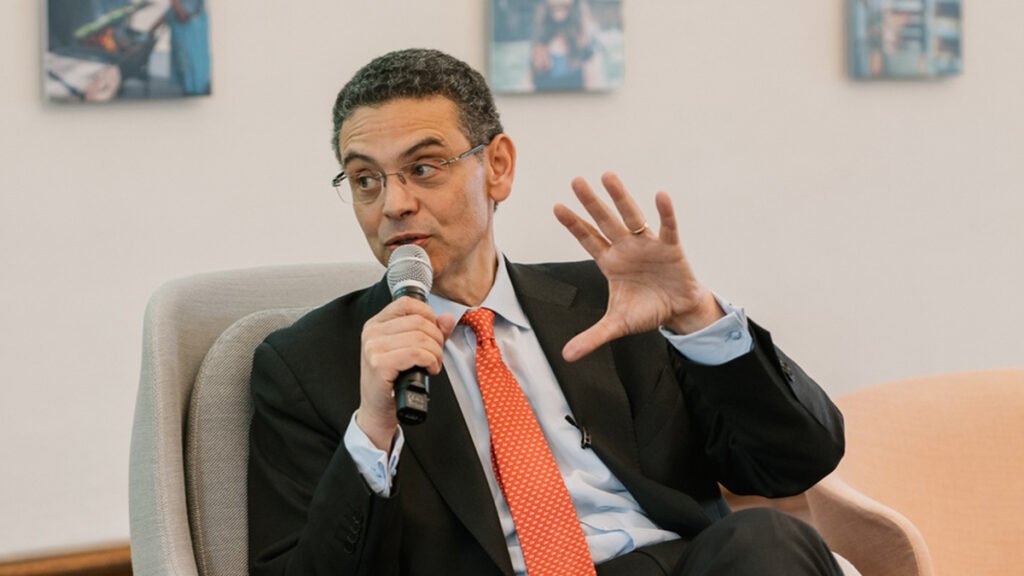
“The choices we make in the coming years will define the legacy of this technological transition for human development. With the right policies and focus on people, AI can be a crucial bridge to new knowledge, skills, and ideas that can empower everyone from farmers to small business owners.”
Pedro Conceição, Director of UNDP’s Human Development Report Office
With current economic stability, infrastructure expansion, and AI, Ghana should perform better in human development while striving to reduce inequality.
READ ALSO: AirtelTigo’s Long, Troubled Search for a Strategic Partner – IMANI Africa

